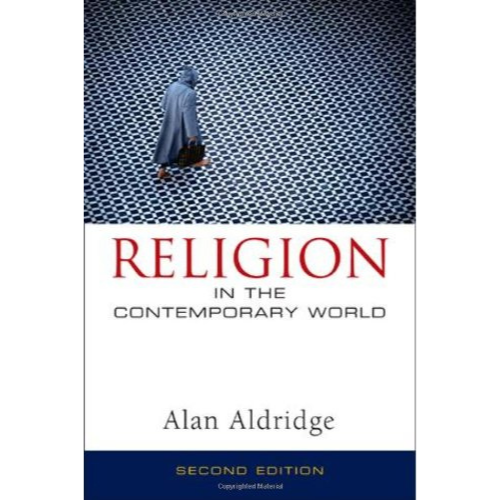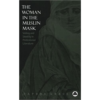Religion in the Contemporary World: A Sociological Introduction
$39.23
In this wide-ranging and accessible book, Alan Aldridge reviews the contribution sociologists have made to our understanding of the role of religion in society.
The founders of sociology thought that religion and magic were being replaced by science and technology. Some, such as Marx, saw this as a liberation. Others, including Comte, invented substitute religions, none of which has survived. Today many sociologists believe religion has lost social significance. Yet current affairs and everyday experience provide evidence of religion’s continuing importance. The book examines the resurgence of fundamentalism in Christianity, Judaism and Islam. It also explores the reasons why conservative movements such as Jehovah’s Witnesses and Mormons have been so successful in gaining recruits. A conventional view of sexuality and gender roles is a striking feature of all these movements.
The rise of consumer society does not necessarily spell the end of religion. A growing number of sociologists argue that religion benefits from a free market, where religious ‘firms’ are sensitive to their customers’ needs. Consumerism, Aldridge suggests, may bring a religious revival and an evolution of new forms of religion fit for a new millennium.
In stock












